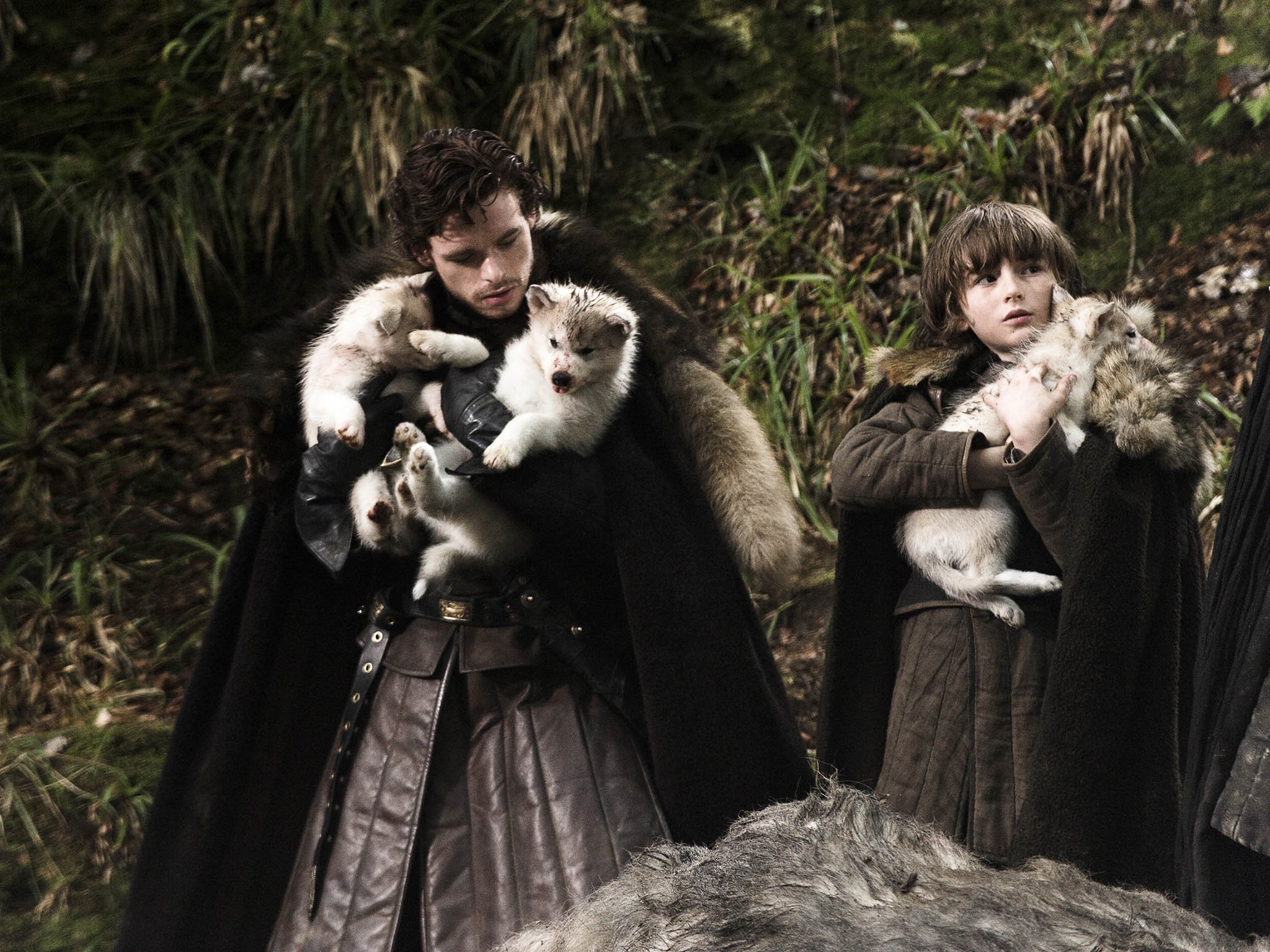Game of Thrones and Twilight blamed by charity for record numbers of abandoned huskies
Wolf-like dog breeds are hard to care for

Your support helps us to tell the story
From reproductive rights to climate change to Big Tech, The Independent is on the ground when the story is developing. Whether it's investigating the financials of Elon Musk's pro-Trump PAC or producing our latest documentary, 'The A Word', which shines a light on the American women fighting for reproductive rights, we know how important it is to parse out the facts from the messaging.
At such a critical moment in US history, we need reporters on the ground. Your donation allows us to keep sending journalists to speak to both sides of the story.
The Independent is trusted by Americans across the entire political spectrum. And unlike many other quality news outlets, we choose not to lock Americans out of our reporting and analysis with paywalls. We believe quality journalism should be available to everyone, paid for by those who can afford it.
Your support makes all the difference.Record numbers of Siberian huskies and other wolf-like breeds are being abandoned each year, with the past five years seeing a 700 per cent rise, according to one of Britain’s leading animal charities.
They have become fashionable due to their prominence as the "direwolves" in the popular fantasy series Game of Thrones, as well as appearing in the Twilight movies.
But they are not the easiest breeds to care for, says the Blue Cross, which cares for ill and abandoned pets and has a dozen rehoming centres across the UK.
Figures released by the charity reveal that 78 of the dogs, whose popularity has boomed in recent years, were brought to its rehoming centres last year alone.
In contrast, just 10 Siberian huskies and other similar breeds were abandoned in 2008, it says.
One of the most recent arrivals, at the charity’s rehoming centre in Thirsk, North Yorkshire, was Tala. She was found earlier this year, pregnant, hungry and wandering the streets, and recently gave birth to a litter of nine Husky cross puppies.
Caroline Thompson, deputy manager at Blue Cross in Thirsk, said: “Huskies and other similar breeds are working dogs and they need lots of mental and physical stimulation. Ideally they need a good couple of hours exercise every day and experienced owners who have plenty of time to spend with them.”
She added: “Sadly, the reason we’re now seeing so many of these breeds being given up is because so many people get them without doing enough research into the kind of care they need.”
While a husky’s fur is ideal for keeping them warm in the snowy Arctic, where they are used as working dogs, people considering having one as a pet in this country need to be prepared to invest a lot of time in them, according to animal experts.
“While huskies and similar breeds might look like cuddly toys, they are far from it as adults,” Mandy Jones, head of rehoming, the Blue Cross, said. “Huskies were bred to live in cold climates and pull sleds for hundreds of miles, so they don’t enjoy living in centrally heated homes and it’s very hard for the average pet owner to meet their very high exercise needs.”
People interested in giving a home to one of the nine Husky cross puppies in Thirsk should call the Blue Cross centre there on 0300 777 1540
Join our commenting forum
Join thought-provoking conversations, follow other Independent readers and see their replies
Comments